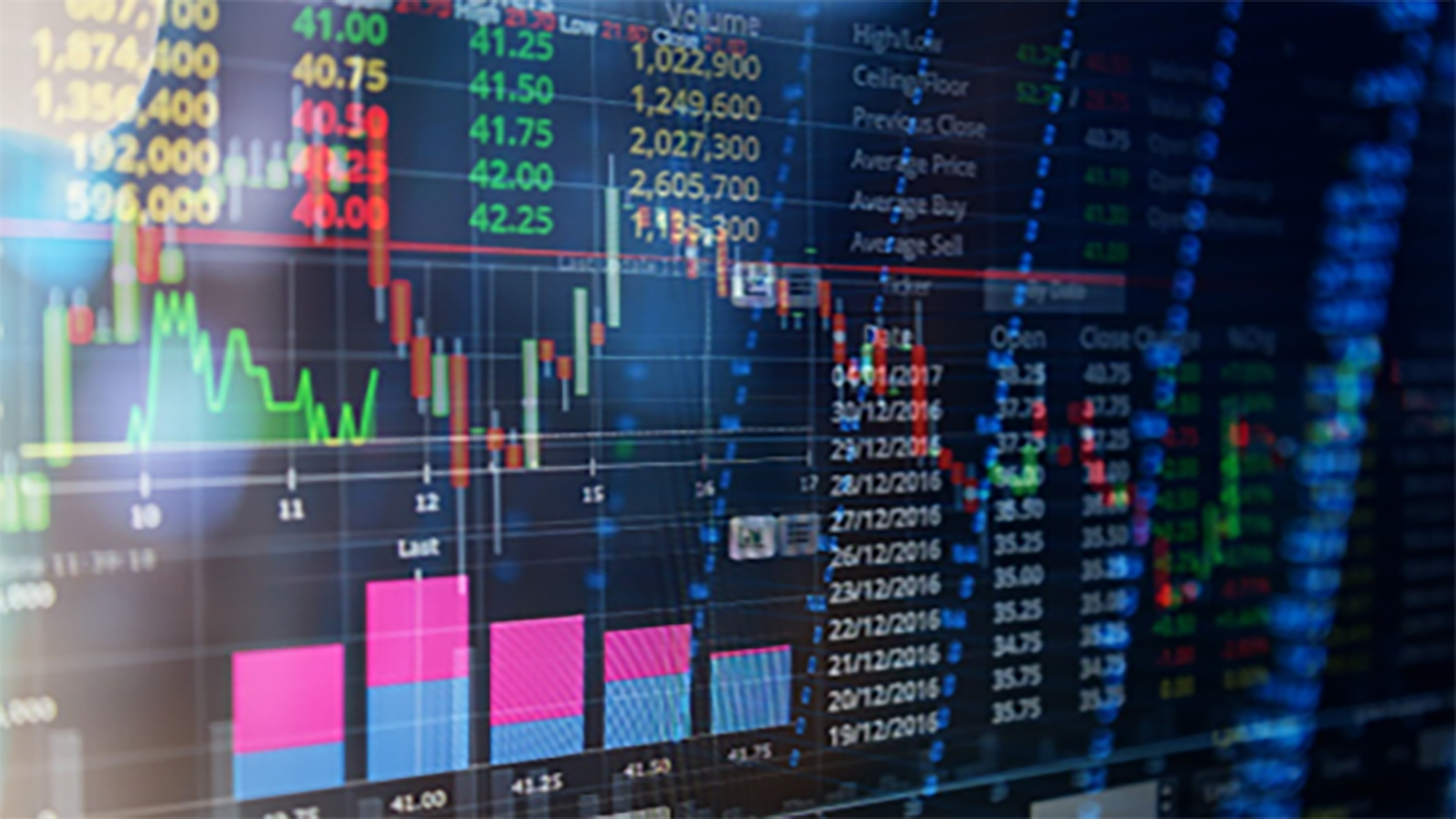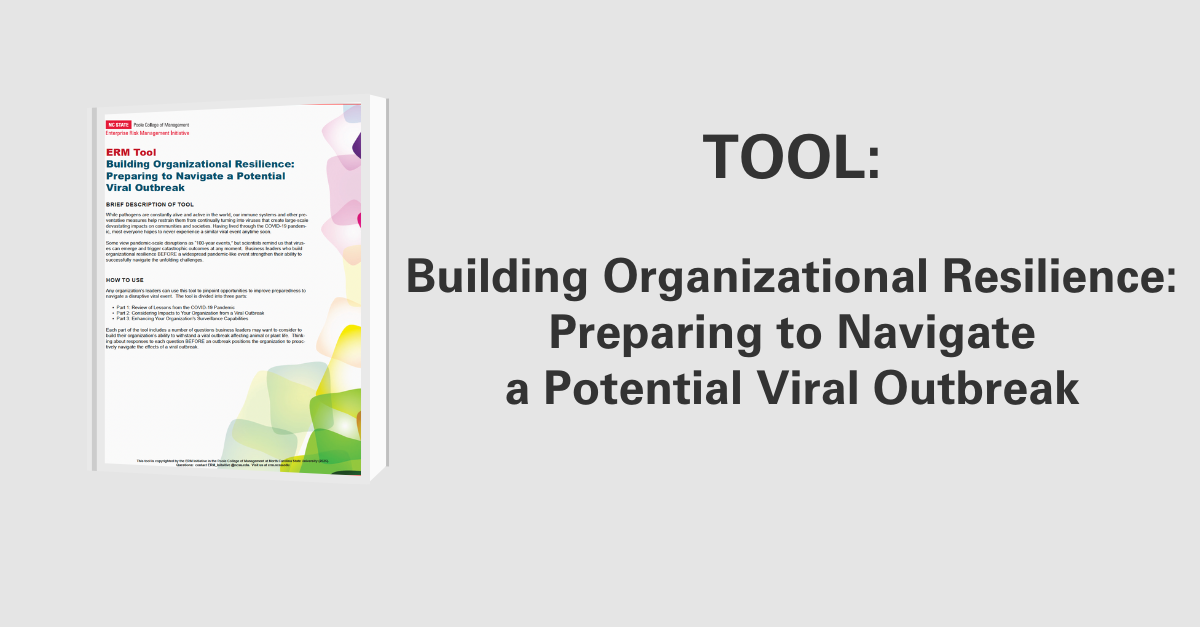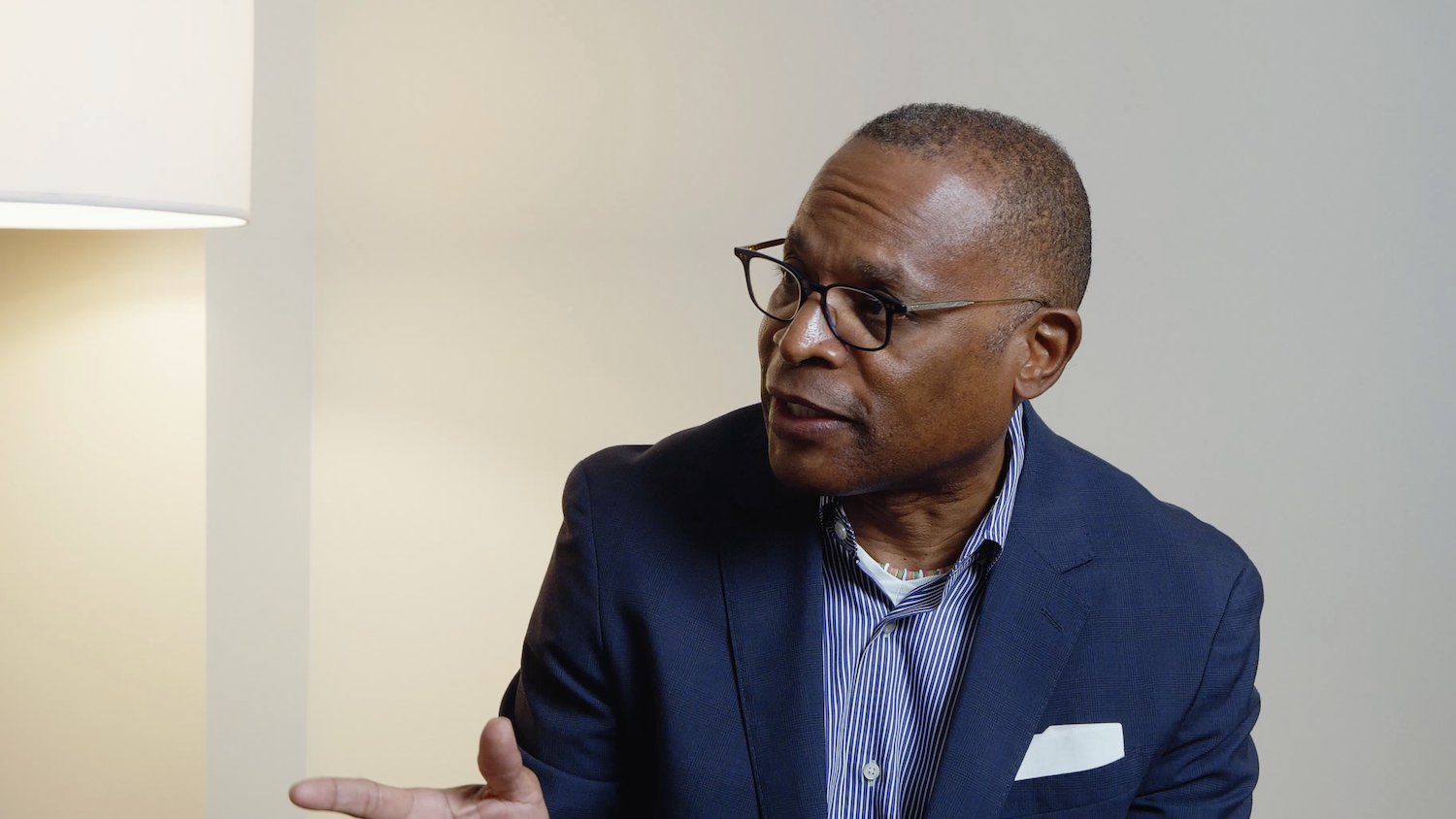Avoiding Model Overreliance When Assessing Emerging Macroeconomic Risk

Article Summary
Politicians and the media often stir up a lot of hype about the economy, leading to significant attention and worry among C-suite leaders and boards as they attempt to predict the impact to their business. We see this concern every year in the annual Executive Perspectives on Top Risks surveys we conduct with Protiviti, where executives have ranked economic conditions as a top 10 risk concern in 11 of the 12 years we have conducted our research. Clearly, worry about macroeconomic risk is high on most executives’ list of risk concerns.
Many leaders rely heavily on complex models to forecast various outcomes that may emerge. But, doing so may be creating unintended risks. After decades of relative macroeconomic stability, turbulent economic conditions since 2020 have complicated macroeconomic risk forecasting, making it difficult for business leaders to distinguish true risks from false alarms. Repeated warnings of severe recession, runaway inflation, and a deluge of emerging market defaults did not materialize, but companies that based purchasing, investment, and other decisions on these dire predictions experienced actual financial, operational, and reputational consequences.
Overreliance on economic models may
introduce unintended risks.
In a July-August 2024 Harvard Business Review (HBR) article, “How to Assess True Macroeconomic Risk,” Philipp Carlsson-Szlezak and Paul Swartz of BCG argue that cultivating judgment, not economic modeling, is the key to discerning genuine risk from false alarms. To better weigh macroeconomic risks, executives should be skeptical of fear mongering and instead, seek out diverse sources of information and rely on their judgment to question the assumptions behind forecasts.
| Common Pitfalls to Avoid: | Alternative Approaches to Follow: |
|
|
Reclaiming Macroeconomic Judgment
The HBR authors recommend leaders employ three analytical approaches to improve their assessment of macroeconomic risk:
- Let go of master-model mentality: Macroeconomic forecasts are unreliable during crises because extreme conditions require significant extrapolation beyond the parameters of standard economic models. For example, in 90% of the months in the past 70 years, the U.S. employment rate shifted up or down by .03% or less, but increased by 10.3% in April 2020. Models have limited predictive value when the variables that drive them are so far out of normal ranges.
- Discount doom mongering: Competition for viewers and readers impels media outlets to amplify attention-getting predictions of crises. Repeatedly, frantic prophesies of macroeconomic collapse from pundits reveal themselves to be gross exaggerations.
- Practice judgment through economic eclecticism: Leaders should consider a broad range of perspectives and ask questions to better understand the situational context of macroeconomic risk. The authors provide three examples:
- The Real Economy: How to Avoid Falling for the Worst Cyclical Calls
Even when macroeconomic conditions are similar to previous events, such as the 2008 financial crisis and the Covid pandemic, different causes and policy responses make past events poor predictors of the future.- When considering risks related to recessions and recovery, ask questions such as: Will a geopolitical shock change spending power? Will it change the calculus of investment?
- The Financial Economy: How to Calibrate Systemic Risk
Leaders should question conventional wisdom about economic cause and effect. For example, pundits concerned about the increasing amount of public debt in the U.S. have been predicting an imminent crisis for decades, but the interest rate relative to the growth rate is a better determinant of risk than level of debt.- When considering inflation and interest rate risks, ask questions such as: Will geopolitics change credit creation or intermediation? Will it undermine or weaken companies’ balance sheets?
- The Global Economy: How to Navigate Divergence
A reversal in the multidecade trend of converging political, security, economic, and financial systems has expanded geopolitical risks and increased the unpredictability of the economic impact of world events.- When considering economic risks associated with global events, ask questions such as: Will it change the explicit or implicit rules of the road?
- The Real Economy: How to Avoid Falling for the Worst Cyclical Calls
The Case for Rational Optimism
Carlsson-Szlezak and Swartz believe that a measured and eclectic view of macroeconomic risk results in a more optimistic outlook for the U.S. economy. They urge decision-makers to look past the economic models and pundits that “fuel simplistic narratives of doom” and use their own judgment to assess true macroeconomic risk.
In times of economic uncertainty, look past “gloom and doom” prognosticators and use judgment and business context to think through the impact of different economic possibilities.
- Categories:
- Types:


